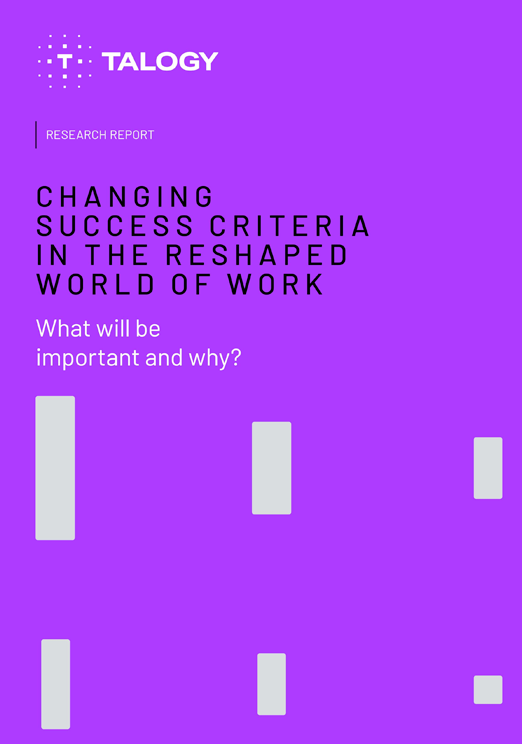What really matters when you’re looking to hire? Conventional wisdom points to experience, but that isn’t always a great indicator of the type of employee a candidate might be. Someone may have lengthy experience in their field, but it just might be bad experience repeated over the course of their career. So how do you dive deeper into a candidate’s potential? Think about all the attributes a candidate needs in order to fit in with your team, the role, and the company as a whole. Scorecards are a great way to organize your criteria for a good hire and then compare how they fare in an interview with their strengths, weakness, and the expectations of the job. We’ve compiled 5 key areas you should be scoring, and what those scores can tell you:
What to Score
Experience
It might not be the most important part, but the experience still matters. Gauge the kind of experience the candidate has and what they’ve learned to inform their work style. It’s not necessarily about how experienced they are, but what they’ve taken away from the experience they have.
Soft Skills
Just because the candidate is experienced, doesn’t mean they can meet a deadline or perform under pressure. Get a better understanding of their time-management skills, organizational habits, stress management style, and other skills that can’t be trained in the first few months.
Personality Fit
Personality assessments are a great indicator of potential. And while personalities can’t be “scored,” assessing where candidates’ strengths lie can help paint a picture of how likely they are to be successful in a particular setting. Where experience may fall short, a candidate may be able to make up for in tenacity, thirst for knowledge, and a desire to succeed. Personality doesn’t change with development plans, so identifying candidates who exhibit personality traits associated with high potential for success in a given role might be more closely aligned with a role than someone who is experienced but won’t enjoy what they’re doing.
Need a better way to evaluate your #interview candidates? @CaliperCorp shows you why you should be using scorecards, and has a free downloadable one, too. #HR Click To TweetJob Fit
Comparing personality traits to validated job models will give you a more holistic view of how a candidate would fit into a specific role. If they have the experience, and you have a good grasp on their personality, how will that line up for the specific job you’re hiring for? If they’re not a good match but they’re a good candidate and you don’t want to turn them away, this will help you find the right place for them that plays to their strengths.
Culture Fit
Consider your organizational culture and how what you’ve learned about them will fit in. Do they reflect your company’s goals? Do they embody your mission, vision, and values? Finding candidates who identify with your values is critical to employee engagement, loyalty, and growth.
DOWNLOAD
YOUR CANDIDATE SCORECARD
Why Score It
Scores should be broken down between three categories: Interview rating, assessment rating, and the gap between the two.
The Interview
Interviews are a great place to evaluate candidates in a personal way, but that process can be affected by numerous external factors that can make candidates look better or worse than they really are. While you shouldn’t treat the interview as the determining factor, you shouldn’t dismiss it entirely. It’s still a good way to gauge how the candidate thinks and articulates thoughts in real-time, thinks off the cuff, and, for some, how they handle a stressful situation. It’s also a great opportunity for you to ask behavioral interview questions based on the data you have collected from their personality assessment.
The Assessment
No single part of the interview process is a magic answer for who to hire; they all work together to create a better picture of who the candidate is and how they will fare in the role. Assessments are a great tool for getting honest, real responses that can’t always be accessed in an interview.
How are you scoring your #interview candidates? @CaliperCorp has the scorecard you need to choose the best candidate. #HR Click To TweetThe Difference
Once you score the interview and receive the assessment scores, look at how each candidate stacks up against one another. Did they score as you expected? Are there any glaring differences? What observations or hypotheses do you have for any discrepancy? And is it something that indicates whether or not they’re the right candidate or can it be corrected through further conversations? Gaps between the two scores will help steer your decision-making and understand if this person is truly the candidate you’re looking for, or just interviews really well.
The Caliper Profile is a scientifically-validated personality assessment that can help give you a better picture of your candidates’ personalities and how they align with the job you’re looking to fill. Reach out to our experts today for more information about how Caliper can help you find the right talent, and don’t forget to download your scorecard!

